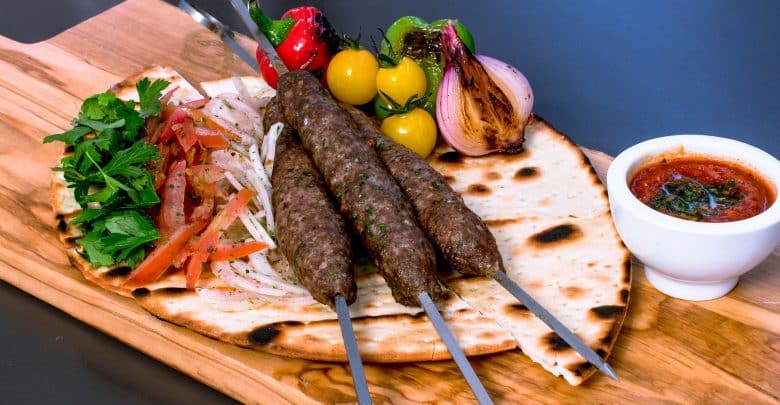
Call to pay close attention to food consumed during Ramadan
الرعاية الأولية تقدم نصائح غذائية لصيام صحي
Doha: As Ramadan has arrived, Primary Health Care Corporation has urged those observing the fast to pay close attention to the type and quantity of food that is consumed during the holy month.
It may be tempting to enjoy what your heart desires after long hours of fasting and indulge in delicious food in that short time, but being mindful of what we eat is key to our health as the consequences of not doing so may cause discomfort, says an expert.
Moudi Hajri, Head of Dietetics Service at PHCC said, “The holy month of Ramadan should not be as an excuse to indulge in food, it is key for all of us to observe our eating habits during this month and ensure that healthy eating and responsible lifestyle is a part of the ritual. Everything should be enjoyed in moderation, ensure that you and your family break your fast with a nutritious, healthy meal and avoid consuming large quantities of food quickly.”
With a bad diet in Ramadan can result in indigestion, upset stomach, heartburn, bloating, belching, nausea, low energy levels and unwanted weight gain. Overeating when breaking the fast can also cause breathing difficulties.
Also according to experts that fried food, such as pakoras and samosas, can be easy to cook but they also contain a high percentage of the daily sodium and carbohydrates required by the human body and eating them on a daily basis may amplify the impact of fatigue caused by fasting in Ramadan.
In addition, reducing the intake of coffee and other similar caffeinated products can help the body stay hydrated for longer. Caffeinated products have diuretic benefits and can cause the body to lose fluids, salts and other important minerals to our body need during Ramadan.
Having a sugary dessert after an Iftar can be a delicious way to end the fast but be mindful of the amount, as while these provide an energy boost they are high in calories and poor in nutritional value and the energy boost is short lived.
قدمت مؤسسة الرعاية الصحية الأولية بعض النصائح التي يجب مراعاتها في الشهر الفضيل، أبرزها ضرورة تناول الطعام الذي يحتوي على ألياف عالية والتي يتم هضمها ببطء في الجهاز الهضمي حيث تبقى فيه حوالي 8 ساعات بينما لا تمكث الأطعمة سريعة الهضم والكربوهيدرات البسيطة سوى 3-4 ساعات فقط.
ومن الأغذية بطيئة الهضم الخضراوات والفواكه وخبز الحبوب الكاملة والحبوب كالفاصوليا والعدس والأرز البني، وهي عكس الأطعمة التي يتم هضمها بسرعة مثل الأرز الأبيض والخبز الأبيض والمعجنات والمخبوزات المصنعة من الطحين الأبيض.
كما تنصح الرعاية الأولية الصائمين في الإقلال من الأطعمة المقلية والحلويات وعدم الإفراط في تناول القهوة والشاي خاصة خلال السحور حيث تعتبر من مدرات البول وتسبب العطش وتتسبب في فقدان الجسم لبعض الأملاح والمعادن المفيدة مع البول، وشرب كميات كبيرة من الماء من 2-3 لتر تدريجيا في الفترة بين الإفطار والسحور حتى يتمكن الجسم من تنظيم وتعويض السوائل وتجنب المشروبات الغازية.
والتعجيل بالإفطار وأن يفطر بالتمر أو الماء، فالتمر يحتوي على سكريات بسيطة وهي مصدر سريع للطاقة ويفضل تناول مشروبات دافئة كالشوربة وألا يكون الماء شديد البرودة فالماء البارد لا يروي الظمأ كما أنه يعمل على انقباض الأوعية الدموية للمعدة ويسبب عسر الهضم، وضرورة ممارسة النشاط الحركي يوميا بعد صلاة التراويح لمدة نصف ساعة خاصة رياضة المشي، والحركة بعض الشيء كالذهاب للمسجد لصلاة التراويح بعدها يمكن تناول العشاء.



